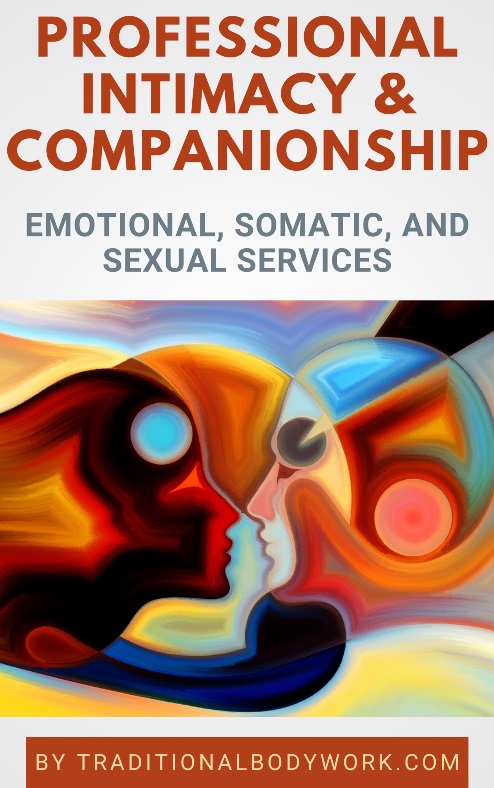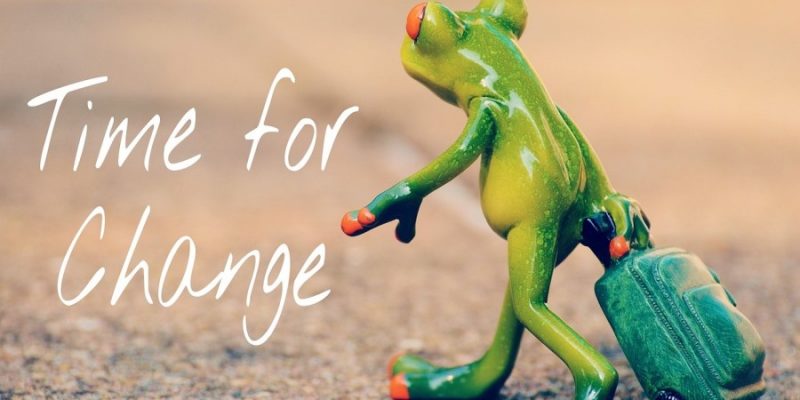
Intimacy is about feeling an emotional connection, closeness, openness, and a feeling of bonding, understanding, belonging, taking care of and being cared for, and it involves sharing ideas, thoughts, touch, feelings, and experiences with another person — a companion — in an atmosphere of vulnerability and mutual trust.
It is about having meaningful and fulfilling interpersonal relationships, the kinds that add value to one’s life and make life worthwhile. For humans, intimacy is typically experienced with other human beings, but it may also involve feelings of companionship with animals, plants or trees, or perhaps with Nature as a whole.
Intimacy and companionship are integrally linked together, that is, intimacy can only be experienced with and through a companion, and a companion in the true sense of the word is someone who one can be intimate with.

The term “intimacy” is often associated with romantic intimacy or sexual intimacy, but intimacy actually embraces much more than only romantic or sexual relationships. In fact, one can experience intimacy with friends, family, colleagues, or neighbors, which has no romantic or sexual connotation whatsoever.
Hence, apart from sexual or romantic intimacy there are various other kinds of intimacy. For instance, think of emotional intimacy (sharing feelings with each other), intellectual intimacy (sharing ideas and opinions), physical intimacy (hugging, holding hands, cuddling, etc.), spiritual intimacy (a connection based on shared values and beliefs), somatic intimacy (holistic mind-body connection with someone else), creative intimacy (painting, writing, building together, etc.), or experiential intimacy (such as hiking together), to give some examples.
However, no matter what type of intimacy we are talking about, it always has a strong emotional component. Intimacy is something we feel good about; it is something that nurtures our inner being, our emotional and physical health, and our overall wellbeing.
All people have a deep-rooted need for intimacy, this inborn need for an emotional connection and a feeling of belonging. It may be with only one person or with one animal, or even with a certain plant or tree.
Nonetheless, there is a growing number of people — on a global scale across countries and cultures — who are not able to fulfill their need for intimacy. The types of societies we live in have made it increasingly difficult to meaningfully and satisfactorily connect to others. The global phenomena of stress, anxiety, distrust, individualism, and a lack of (leisure) time have made many people lonely.

There are also quite some people who structurally avoid getting intimate, simply because it scares them. They fear intimacy because they may have had negative experiences such as rejection or abandonment when they opened up to other people, that is, when they became vulnerable. Alternatively, they may have never experienced real intimacy when they grew up, due to the way their parents or other important people in their lives related to them.
Subsequently, people who fear intimacy or do not know “how it works” tend to take distance or isolate themselves from close social interaction, sometimes even taking emotional distance from their own partner or children.
Whatever the causes, a structural lack of intimacy and companionship often leads to feelings of loneliness, which usually makes people unhappy, while giving them the feeling that “something is missing” in their lives. And sometimes, people become seriously ill, emotionally, mentally, spiritually — and due to psychosomatic effects — also physically.
To make a long story short: without intimacy and companionship in our lives, life quickly becomes empty, sad, sorrowful, and a burden — something it was never meant to be.

 Find themed health, wellness, and adventure holidays around the world.
Find themed health, wellness, and adventure holidays around the world.

















 Find themed health, wellness, and adventure holidays around the world.
Find themed health, wellness, and adventure holidays around the world.